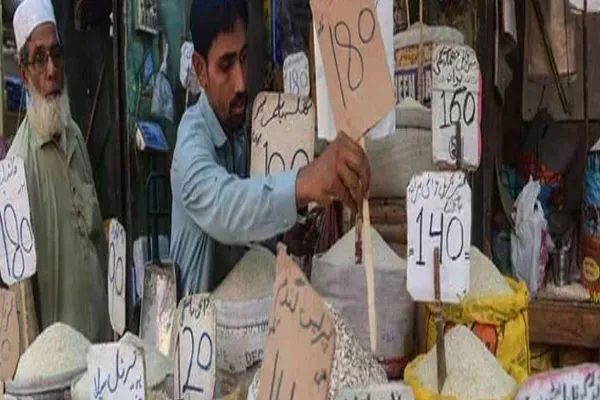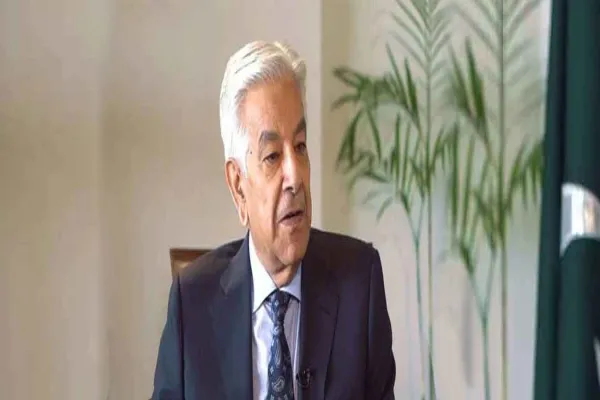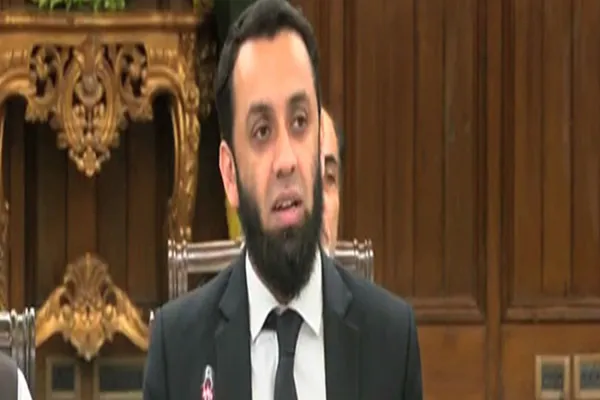i NEWS PAKISTAN
Finance Minister Muhammad Aurangzeb on Monday announced that Pakistan is undertaking major reforms across the tax, energy, and pension systems to ensure long-term economic stability. He said these steps mark a shift from short-term measures to a framework of structural, sustainable change. Speaking at a press conference in Islamabad alongside FBR Chairman Rashid Mahmood Langrial, Energy Minister Awais Leghari, and IT Minister Shaza Fatima, the Finance Minister said the government’s reform agenda aims to consolidate recent economic gains.
He said, “Economic stability has been achieved in the country. We have done important work related to macroeconomic stability, and our goal is to ensure sustainable economic stability. Reforms are indispensable for this purpose.” Aurangzeb emphasized that international credit rating agencies have recognized Pakistan’s improving economic outlook, while the recent staff-level agreement with the IMF also confirms progress. He added that the government is introducing reforms in tax, energy, and pension systems, along with a broader initiative to “right-size” institutions and reduce inefficiencies.
‘FBR Does Not Need to Impose More Taxes’ FBR Chairman Rashid Mahmood Langrial revealed that tax collection and compliance have improved significantly this year, noting that income tax returns rose by 18 percent, bringing the total number of taxpayers to 5.9 million. He stated that the FBR has increased the tax-to-GDP ratio by 1.5 percent for the first time, reflecting stronger compliance measures and coordination with institutions.
“The rate of submission of individual tax returns has increased. The FBR does not need to impose more taxes,” he added. Langrial said that the government’s target is to raise the tax-to-GDP ratio to 18 percent within the next three to four years, with cooperation from provincial governments. “The federation will contribute 13.5 percent through the FBR and 1.15 percent through the Petroleum Development Levy (PDL), while provinces will contribute about 3 percent,” he explained. He also spoke about challenges faced by tax enforcement teams, including threats and attacks during operations.
“Two of our people were martyred in the Kohat tunnel. Our training is not to fight, but to enforce tax compliance. Now, with the support of Rangers and other institutions, this work has become safer and more effective,” he said. Govt to exit power purchasing business Federal Energy Minister Awais Leghari announced sweeping reforms in the power sector, including the government’s decision to stop buying electricity directly — a move described as “the biggest energy reform in 20 years.”
“We inherited very expensive electricity, but despite challenges, we reduced prices by Rs10.5 per unit in the past 18 months,” Leghari said. He highlighted relief for industries, including a three-month package offering power at Rs26 per unit and a reduction in electric vehicle (EV) rates from Rs71 to Rs39 per unit. He said the energy sector is being restructured on modern lines, with Rs48 billion saved through the auction of loss-making plants. “We auctioned 17 units — Rs48 billion were taken by a government agency and Rs9 billion by the private sector,” he noted.
Plan to eliminate circular debt
Credit: Independent News Pakistan (INP)









